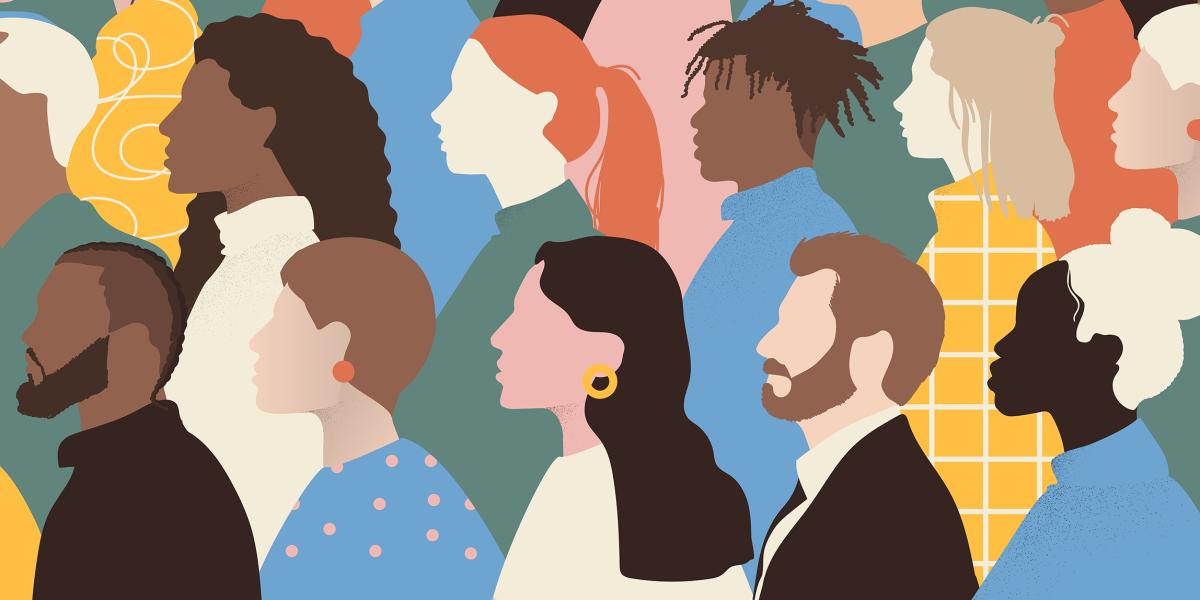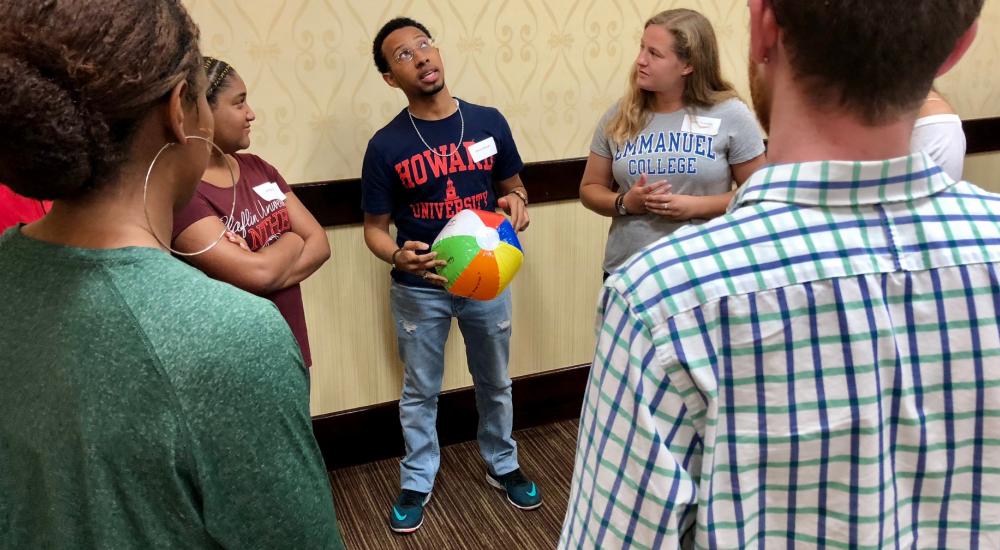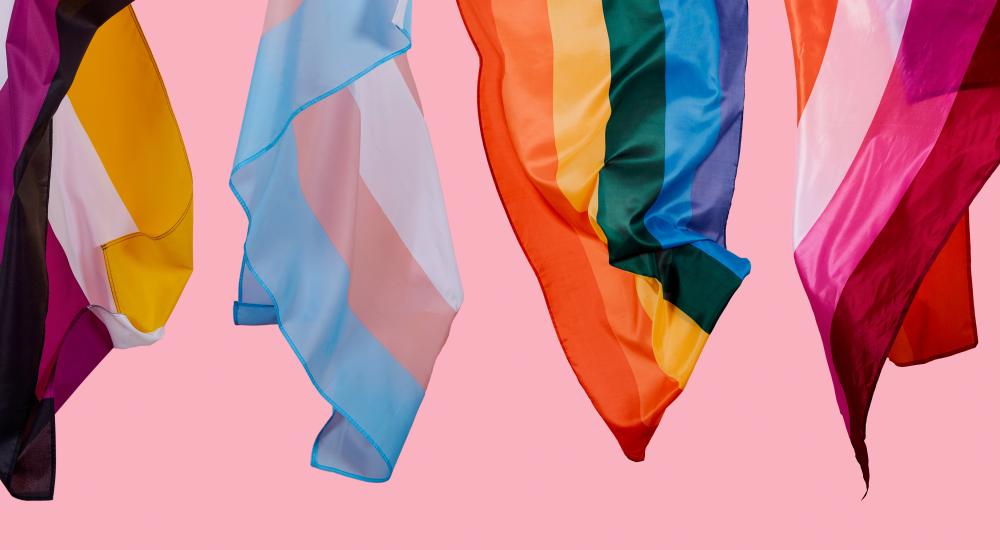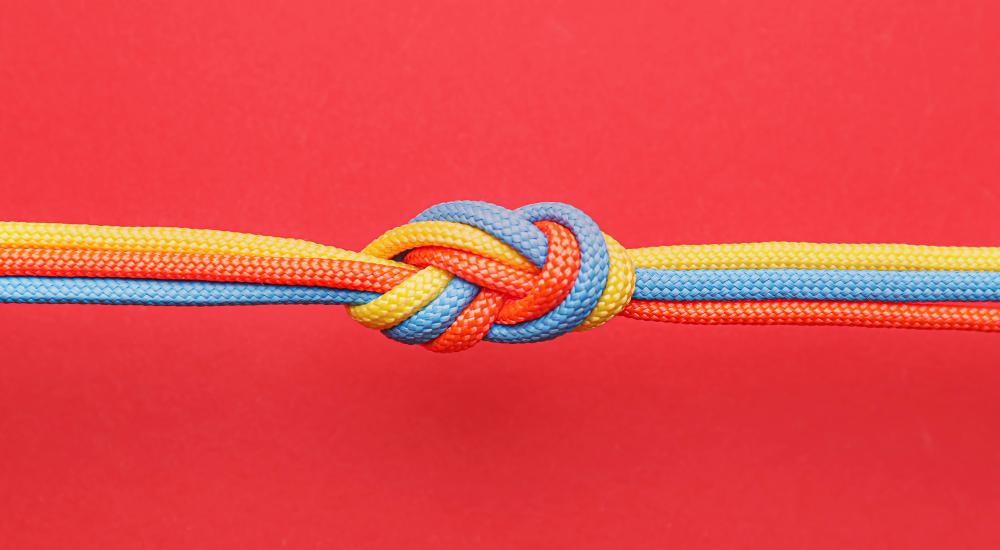From Symbol to Ambassador: Preparing Students to Represent the U.S. Abroad

When students from the United States pursue study abroad opportunities, they often find themselves not only exploring a foreign culture but also their own national identity as it's reflected back to them through the perceptions of others. These students frequently serve as unofficial ambassadors for the United States—regardless of their readiness for or awareness of this role—encountering questions about national identity, politics, and cultural stereotypes.
"Studying abroad changes how others see you and how you see yourself," says Stacy M. Smith, international education specialist at College of the Desert. "You quickly realize you're not just representing yourself anymore; you're also representing where you come from and your personal perspective."
Smith recalls her own study abroad experience as an undergraduate in southern Spain, where she encountered curiosity and occasional misconceptions about American culture.
"I was asked [about] everything from red SOLO cups to American health and lifestyle," she says. "One of the first lessons I learned was that the 'American bubble' pops the moment you land—and that can be both eye-opening and transformative."
When approached with curiosity and humility, these moments of cultural exchange can be pivotal and enriching experiences that reshape students' understanding of themselves and the world. Education abroad professionals play a critical role in helping students navigate their roles as cultural representatives, helping them transmute challenges related to anti-American sentiment, tough political questions, or cultural misunderstandings into opportunities for growth and connection.
From Predeparture to Reentry: Preparing for Citizen Diplomacy
"All travelers have the opportunity to be citizen














